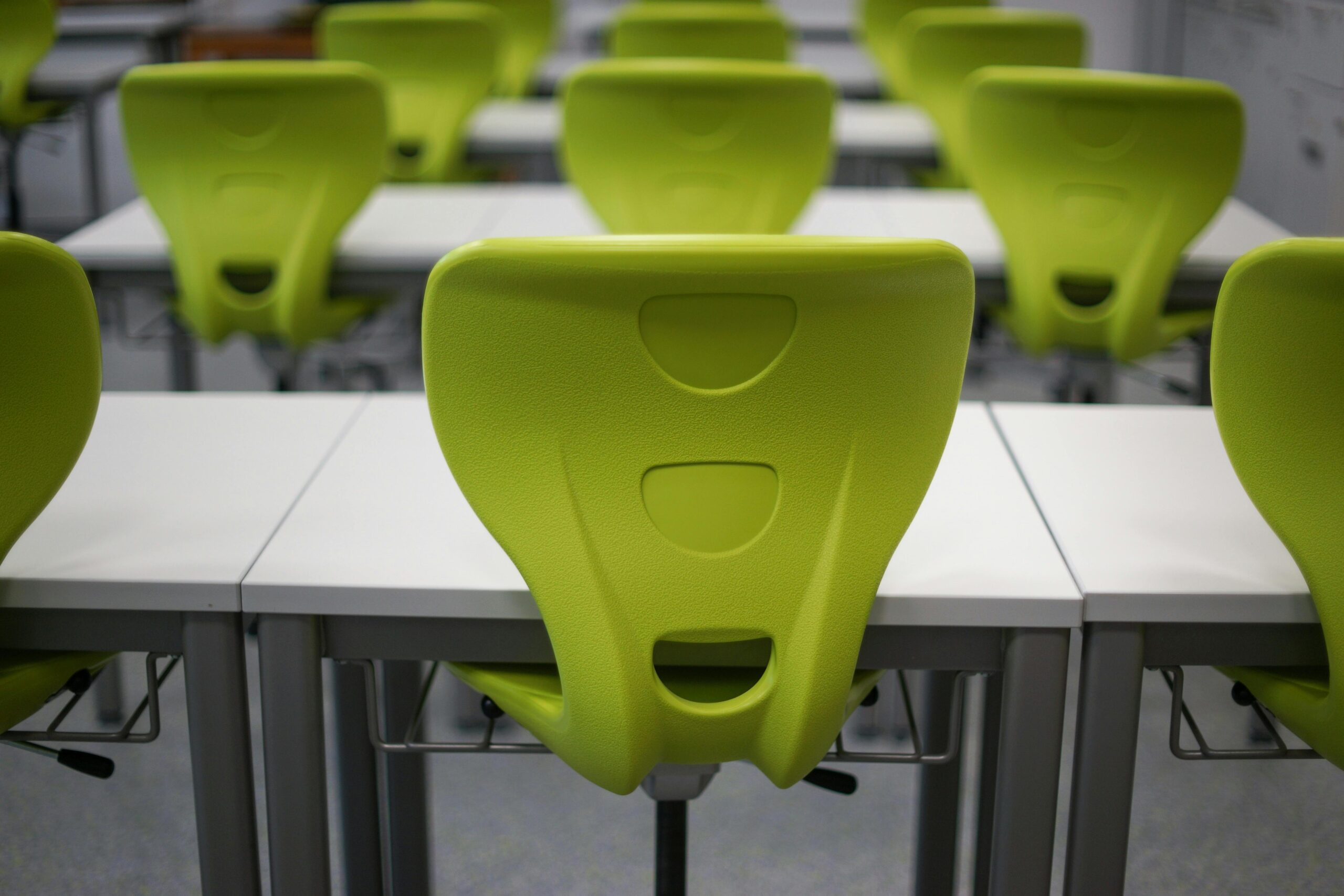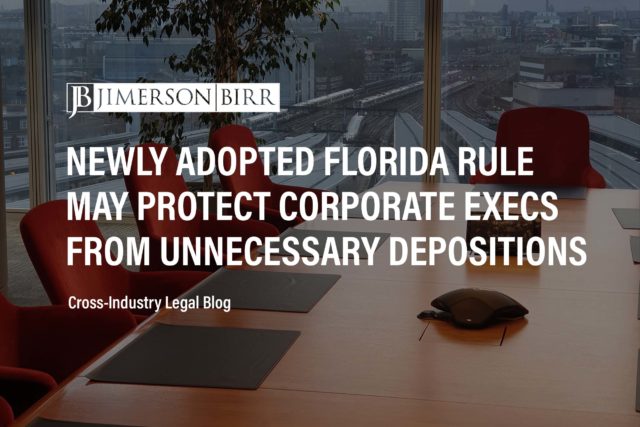How does specialized education affect schools?
Specialized education can have a profound impact on schools, shaping everything from curriculum design to student outcomes and institutional reputation. One notable effect is the customization of learning experiences to meet the unique needs and interests of students. By offering specialized programs or tracks, schools can cater to diverse learning styles, talents, and career aspirations. This tailored approach fosters engagement and motivation among students, as they feel more connected to their studies and see the relevance of their education to their future goals.
Furthermore, specialized education often enhances the overall academic rigor and excellence of a school. Institutions that offer specialized programs in areas such as STEM (Science, Technology, Engineering, and Mathematics), the arts, or vocational training attract high-achieving students and dedicated faculty members who are passionate about their respective fields. This concentration of talent and expertise elevates the educational environment, promoting intellectual growth, innovation, and academic achievement across the board.
In addition to academic benefits, specialized education can also contribute to the holistic development of students. Many specialized programs incorporate practical experiences, such as internships, research projects, or performance opportunities, which allow students to apply their knowledge in real-world contexts. These hands-on learning opportunities not only deepen understanding but also cultivate essential skills such as critical thinking, problem-solving, collaboration, and creativity, preparing students for success in both higher education and their future careers.
However, it’s important to acknowledge that specialized education also poses challenges for schools, including resource allocation, equity considerations, and ensuring that all students have access to high-quality educational opportunities regardless of their backgrounds or interests. Addressing these challenges requires careful planning, ongoing evaluation, and a commitment to equity and inclusivity to ensure that specialized education truly benefits all students and strengthens the overall educational ecosystem.
Need help regarding specialized education? Schedule your consultation today with a top education attorney.
In Florida, which laws and regulations apply to specialized education?
In Florida, specialized education is governed by several laws and regulations. Some of the key statutes and regulations relevant to schools in Florida include:
- Individuals with Disabilities Education Act: IDEA is a federal law that mandates special education and related services for eligible students with disabilities. In Florida, IDEA regulations are implemented and enforced by the Florida Department of Education (FLDOE) to ensure that students with disabilities receive appropriate educational services and support.
- Chapter 1003, Florida Statutes: Florida has its own set of regulations specific to exceptional student education, which encompasses programs and services for students with disabilities as well as gifted students. These regulations outline procedures for identifying, evaluating, and providing services to students with special needs within the state’s public education system.
- Florida Standards: The Florida Standards, which are based on the Common Core State Standards, outline grade-level expectations for what students should know and be able to do in English Language Arts (ELA), Mathematics, Science, and Social Studies. While not specific to specialized education, these standards provide a framework for curriculum development and assessment across all subject areas, including specialized programs.
What are common issues regarding specialized education that lead to litigation?
Several common issues regarding specialized education can lead to litigation:
- Disputes over Individualized Education Programs (IEPs): One of the central components of special education is the development and implementation of IEPs, which outline the educational goals, services, accommodations, and supports for students with disabilities. Litigation may arise when there are disagreements between parents, educators, and school districts regarding the adequacy, appropriateness, or implementation of the IEP.
- Disability Discrimination and Denial of Services: Schools have a legal obligation to provide a free and appropriate public education (FAPE) to students with disabilities under federal laws such as the Individuals with Disabilities Education Act (IDEA) and Section 504 of the Rehabilitation Act. Litigation may occur when schools fail to identify students with disabilities, deny them access to needed services or accommodations, or engage in discriminatory practices based on disability.
- Placement and Least Restrictive Environment (LRE): Determining the most appropriate educational placement for students with disabilities, including the balance between inclusive settings and more restrictive environments, can be contentious. Litigation may arise when parents and school districts disagree on placement decisions, with parents advocating for more inclusive settings while schools argue for placements that they deem more suitable for meeting the student’s needs.
- Behavioral Interventions and Discipline: Managing the behavior of students with disabilities can present challenges for schools, particularly when it involves the use of disciplinary measures. Litigation may occur if schools fail to follow proper procedures for disciplining students with disabilities, including conducting functional behavior assessments, providing behavioral interventions and supports, and ensuring procedural safeguards such as due process rights.
- Transition Planning and Post-School Outcomes: Transition planning is a critical aspect of special education for students approaching adulthood, aimed at preparing them for life after high school. Litigation may arise if schools do not adequately address transition planning or fail to provide appropriate supports and services to help students transition to post-school activities such as higher education, employment, or independent living.
- Disputes over Related Services and Accommodations: Students with disabilities may require a range of related services and accommodations to access the curriculum and participate in school activities. Litigation may occur if schools fail to provide or adequately implement these services and accommodations, which can include things like assistive technology, specialized instruction, speech therapy, or physical accommodations.
To determine whether your unique situation may necessitate litigation, please contact our office to set up your initial consultation.
What steps should schools take to minimize the risk of litigation over specialized education?
To minimize the risk of litigation over specialized education, schools should take proactive measures to ensure compliance with relevant laws and regulations while prioritizing the needs and rights of students with disabilities and other special needs. Here are some key steps schools can take:
- Develop Clear Policies and Procedures: Schools should establish clear and comprehensive policies and procedures for identifying, evaluating, and serving students with disabilities and other special needs. These policies should align with federal and state laws, including the Individuals with Disabilities Education Act (IDEA), Section 504 of the Rehabilitation Act, and state-specific regulations.
- Provide Training and Professional Development: School staff, including administrators, teachers, counselors, and support personnel, should receive regular training and professional development on special education laws, best practices in assessment and intervention, and strategies for creating inclusive and supportive learning environments. This training should emphasize the importance of individualized planning, collaboration with families, and adherence to procedural safeguards.
- Ensure Compliance with Individualized Education Programs (IEPs) and 504 Plans: Schools must ensure that IEPs and 504 plans are developed, implemented, and monitored effectively for students with disabilities. This includes conducting thorough evaluations, involving parents and students in the decision-making process, and providing the services, accommodations, and supports outlined in the plans.
- Promote Collaboration and Communication with Families: Open and transparent communication between schools and families is essential for addressing concerns, resolving conflicts, and ensuring that students’ needs are met. Schools should establish mechanisms for ongoing communication, such as regular meetings, progress reports, and access to resources and support services.
- Implement Universal Design for Learning (UDL) Principles: Universal Design for Learning (UDL) is a framework for designing instruction and curriculum that is accessible and effective for all students, including those with diverse learning needs. Schools should incorporate UDL principles into their instructional practices, curriculum design, and classroom environments to minimize the need for individualized accommodations and supports.
- Provide Early Intervention and Support Services: Early intervention can help prevent the escalation of problems and reduce the need for more intensive interventions later on. Schools should provide early identification, intervention, and support services for students who are at risk of academic or behavioral difficulties, including screenings, assessments, and targeted interventions.
- Ensure Compliance with Transition Planning Requirements: Schools should prioritize transition planning for students approaching adulthood, including the development of individualized transition plans (ITPs) and coordination with community agencies and resources. Transition planning should begin early and focus on preparing students for post-school activities such as higher education, employment, and independent living.
- Document Decisions and Communications: Schools should maintain detailed records of assessments, evaluations, meetings, communications with families, and other relevant documentation related to specialized education services. Clear and comprehensive documentation can help schools demonstrate compliance with legal requirements and defend against litigation.
Frequently Asked Questions
How are students identified for specialized education?
Students are typically identified for specialized education services through a process of assessment and evaluation conducted by school personnel. This process may include screenings, observations, standardized tests, and evaluations by qualified professionals to determine if a student has a disability or meets the criteria for gifted education services.
What types of specialized education programs are available?
Specialized education programs can vary widely depending on the needs of the students and the resources available in the school or district. Common types of specialized education programs include special education classes, gifted education programs, vocational training programs, alternative education programs, and programs for English language learners.
What rights do students and parents have in specialized education?
Students and parents have rights protected by federal and state laws, including the right to a free and appropriate public education (FAPE), the right to be involved in the IEP process, the right to access records and information about their child’s education, and the right to dispute resolution processes such as mediation and due process hearings.
Have more questions about a specialized education-related situation?
Crucially, this overview of specialized education does not begin to cover all the laws implicated by this issue or the factors that may compel the application of such laws. Every case is unique, and the laws can produce different outcomes depending on the individual circumstances.
Jimerson Birr attorneys guide our clients to help make informed decisions while ensuring their rights are respected and protected. Our lawyers are highly trained and experienced in the nuances of the law, so they can accurately interpret statutes and case law and holistically prepare individuals or companies for their legal endeavors. Through this intense personal investment and advocacy, our lawyers will help resolve the issue’s complicated legal problems efficiently and effectively.
Having a Jimerson Birr attorney on your side means securing a team of seasoned, multi-dimensional, cross-functional legal professionals. Whether it is a transaction, an operational issue, a regulatory challenge, or a contested legal predicament that may require court intervention, we remain tireless advocates at every step. Being a value-added law firm means putting the client at the forefront of everything we do. We use our experience to help our clients navigate even the most complex problems and come out the other side triumphant.
If you want to understand your case, the merits of your claim or defense, potential monetary awards, or the amount of exposure you face, you should speak with a qualified Jimerson Birr lawyer. Our experienced team of attorneys is here to help. Call Jimerson Birr at (904) 389-0050 or use the contact form to schedule a consultation.

We live by our 7 Superior Service Commitments
- Conferring Client-Defined Value
- Efficient and Cost-Effective
- Accessibility
- Delivering an Experience While Delivering Results
- Meaningful and Enduring Partnership
- Exceptional Communication Based Upon Listening
- Accountability to Goals











